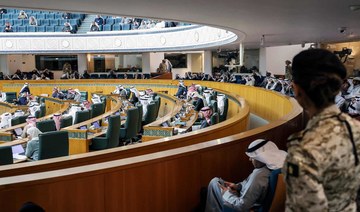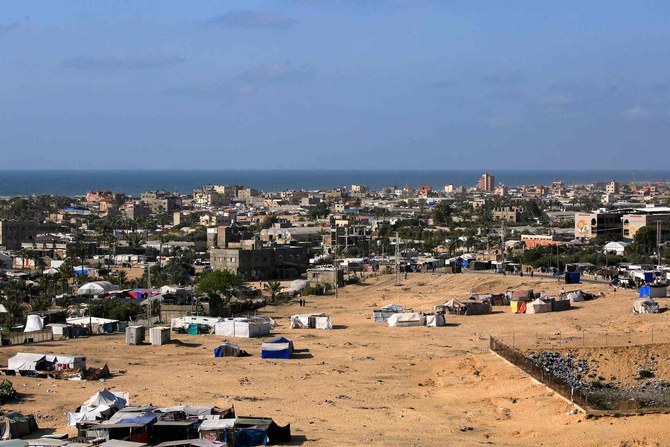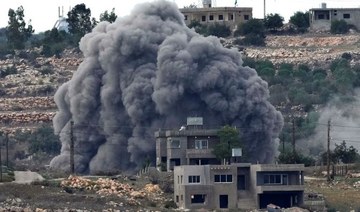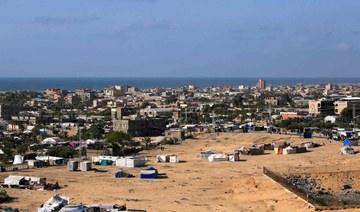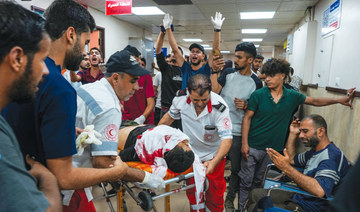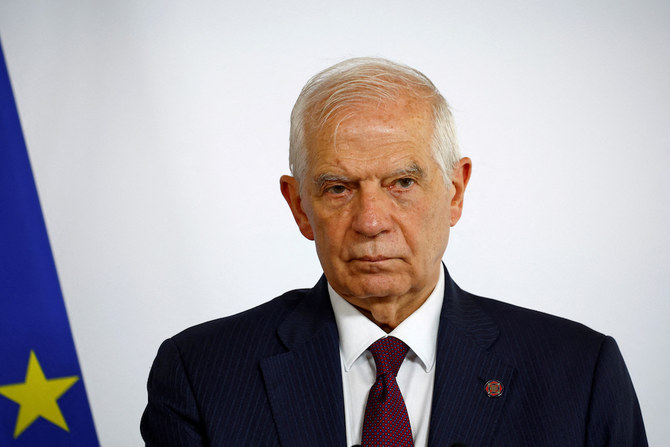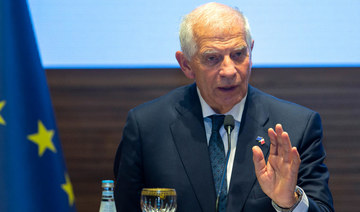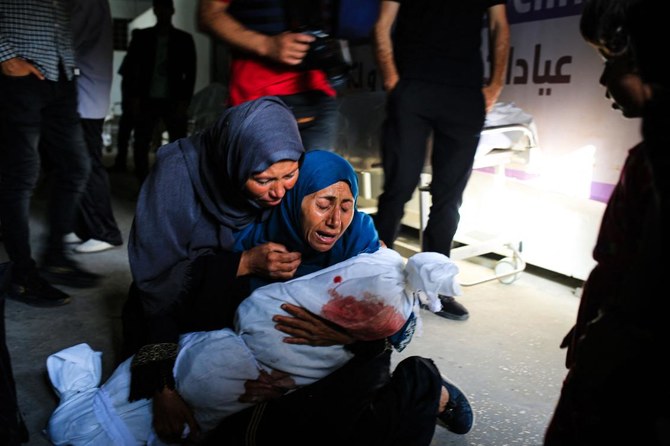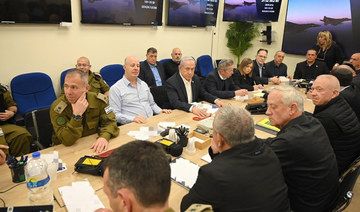KUWAIT CITY: Kuwait’s government has released the profiles of its new cabinet members, who were installed in office on Sunday.
Prime Minister Sheikh Ahmad Al-Abdullah Al-Sabah:
Born in 1952, Sheikh Ahmad completed his primary studies at Sharqiya School and High School in Lebanon. He holds a Bachelor's degree in Business Administration with a focus on Finance (Banking and Investment) from the University of Illinois, US, obtained in 1976. He began his career at Kuwait's Finance Center until 1978, then moved to the Central Bank of Kuwait until 1987. From 1987 to 1998, he served as the Chairman of the Board for Burgan Bank. In July 1999, he was appointed as Minister of Finance and Minister of Communications. Over the years, he held various ministerial positions including Minister of Planning, Minister of State for Administrative Affairs, Minister of Health, Minister of Oil, and Minister of Information. In September 2021, he was appointed as head of the Diwan of His Highness the Crown Prince.
First Deputy Prime Minister, Defense Minister, and Interior Minister Fahad Yusuf Saud Al-Sabah:
Born in 1959, Fahad graduated from the Kuwaiti military academy and previously served as an Amiri Guard officer. He held positions in the previous cabinet as Deputy Prime Minister, Defense Minister, and Acting Interior Minister.
Deputy Prime Minister and Minister of State for Cabinet Affairs, Shereeda Abdullah Al-Mousherji:
Born in 1952, Shereeda holds a Bachelor's degree in Commerce from Kuwait University and a Master's degree in Business Administration from Harvard University. He served in various roles including Assistant Secretary-General for Administrative, Financial, and Technical Affairs in the National Assembly and Minister of Transportation.
Deputy Prime Minister and Oil Minister, Dr. Imad Mohammad Abdulaziz Al-Atiqi:
Born in 1956, Dr. Al-Atiqi holds a PhD in chemical engineering and previously served in academic roles at Kuwait University.
Minister of Information and Culture, Abdulrahman Bdah Al-Mutairi:
He holds a BA degree in Psychology with a minor in Political Science from Kuwait University. He previously served as Minister of Information, Minister of State for Youth Affairs, and Director General of Public Youth Authority.
Minister of Health, Dr. Ahmad Abdulwahab Al-Awadhi:
He holds a PhD in Pediatrics from the Kuwait Institute for Medical Specialization, a PhD in Medicine from the Arab Gulf University, and a BA in basic sciences. He previously served as Minister of Health in previous cabinets.
Minister of Social Affairs, Labor, Family Affairs, and Childhood, and Minister of State for Youth Affairs, Dr. Amthal Hadi Al-Huwailah:
She holds a Doctorate degree in cognitive psychology and previously served as an Assistant Professor in Cognitive Psychology.
Finance Minister and Minister of State for Economic and Investment Affairs, Dr. Anwar Ali Abdullah Al-Mudhaf:
He holds a PhD in business management and has been the chairman of Kuwait's Al-Ahli United Bank since 2014.
Minister of Electricity and Water, Renewable Energy, and Minister of State Housing Affairs, Dr. Mohammad Abdulaziz Bushehri:
He holds a doctorate in economics and has held various positions including Director at the Kuwait Institute for Scientific Research and Director of the Department of Studies and Capital Markets Development at the Capital Markets Authority.
Minister of Justice and Minister of Awqaf and Islamic Affairs, Dr. Mohammad Ibrahim Al-Wasmi:
He is an Associate Professor of Commercial and Maritime Law at Kuwait University and holds degrees in Law from Kuwait University and London Metropolitan University.
Minister of Commerce and Industry, and Minister of State for Communication Affairs, Omar Saud Al-Omar:
Born in 1966, he holds a Bachelor's degree in Computer Science and has held several administrative positions including CEO of Zain Kuwait.
Minister of Education and Minister of Higher Education and Scientific Research, Dr. Adel Mohammad Abdullah Al-Adwani:
He previously served as a professor in Kuwait University's faculty of Administrative Sciences.
Minister of Foreign Affairs, Abdullah Ali Abdullah Al-Yahya:
Born in 1966, he holds a bachelor's degree in business management and previously served as Kuwait's ambassador to several Latin American countries.
Minister of Public Works and Minister of State for Municipality Affairs, Dr. Nora Mohammad Khaled Al-Mashaan:
She previously served as an Associate Professor in the Department of Civil Engineering at Kuwait University.




